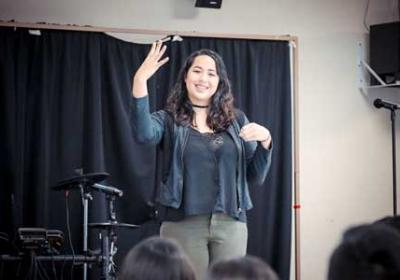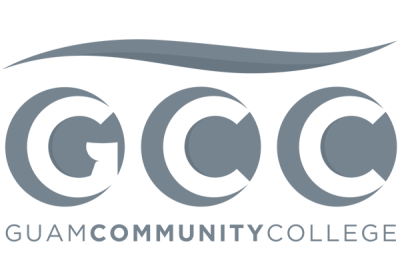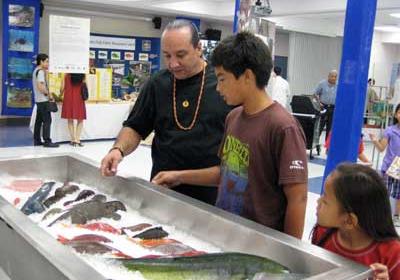Certificate in Education
- You are on...
Main Page for Education
Certificate in Education
Total Credit Hours: 35
The Certificate in Education is designed to provide entry- level training for persons interested in working in educational settings. The program also serves as a career/educational ladder for those interested in pursuing an Associate degree in the field. Emphasis is placed on students learning skills that cover a broad range of educational areas. Only technical requirement courses that have a grade of “C” or better will be counted towards the Certificate degree.
Program Student Learning Outcomes (SLOs):
Upon successful completion of the Certificate in Education program, students will be able to:
- Demonstrate professional and ethical conduct and communication within educational environments.
- Create and implement diverse teaching strategies and materials which address the diversity of our student population and optimize learning for all students.
- Exhibit skills in critical thinking, collaboration, creativity, and reflective practice.
Major Requirements | ||
Course | Course Name | Credits |
ASL100 OR CH110 | American Sign Language I OR CHamoru I | 4 |
ASL110 OR CH111 | American Sign Language II OR CHamoru II | 4 |
| ED150 | Introduction to Teaching | 3 |
| ED180A | Educational Methods I | 3 |
| ED180B | Educational Methods II | 3 |
| ED180C | Educational Methods III | 3 |
| ED220 | Human Growth & Development | 3 |
| ED231 | Introduction to Exceptionalities | 3 |
| ED265 | Culture and Education in Guam | 3 |
| EN111 | Writing for Research | 3 |
| ED292 | Education Practicum | 3 |
Certificate Total | 35 | |
| Major Requirements | ||
| Course | Course Name | Credits |
| ASL100 OR CH110 | American Sign Language I OR CHamoru I | 4 |
| ASL110 OR CH111 | American Sign Language II OR CHamoru II | 4 |
| ED150 | Introduction to Teaching | 3 |
| ED180A | Educational Methods I | 3 |
| ED180B | Educational Methods II | 3 |
| ED180C | Educational Methods III | 3 |
| ED220 | Human Growth & Development | 3 |
| ED231 | Introduction to Exceptionalities | 3 |
| ED265 | Culture & Education in Guam | 3 |
| ED292 | Education Practicum | 3 |
| EN111 | Writing for Research | 3 |
| Certificate Total | 35 | |
2024-2025 College Catalog
General Requirements for Certificates
Effective fall Semester 2003, several academic policy changes were implemented to ensure that students are adequately prepared to meet business and industry standards. All Undeclared or newly Declared Students enrolled in regularly scheduled postsecondary courses must be enrolled in or must have completed developmental coursework for Math and English or have successfully placed into post-secondary Math and English (or equivalent).
Students must fulfill the English general education requirement by the time they have enrolled in 12 credits of classes. This means that students may take only nine (9) credits before they must begin meeting the general education requirements. All declared students in Certificate programs will be required to successfully complete minimum general education course requirements. For more information, refer to the Admissions Information, General Education Policy section of this catalog.
A. General Education Requirements
Students must demonstrate proficiency in reading, writing, understanding and speaking English as indicated by one of the following:
- Test out of the English Placement Test (or equivalent), or
- Satisfactory completion of EN097 courses and
- Test out of the Math Placement Test (or equivalent), or
- Satisfactory completion of MA098 course
*Students in the Certificate of Construction Technology program can successfully complete their math requirements with MA094 Mathematics for the Trades in lieu of MA098 Intermediate Algebra.
B. Major Requirements. Total Major Requirements vary by program. Minimum Total Credits Required for a Certificate is 30 credits.
* No course may be counted for both Major and General Education requirements.
** Placement testing is not mandatory for admission to the College. Completion of placement testing or equivalent, however, is required for enrollment into English and mathematics courses. Therefore, students who plan to enroll full-time in a program should take the placement test to be eligible for a full load of courses.
2024-2025 College Catalog
Upon successful completion of the Certificate in Education program, students will be able to:
Demonstrate professional and ethical conduct and communication within educational environments.
Create and implement diverse teaching strategies and materials which address the diversity of our student population and optimize learning for all students.
Exhibit skills in critical thinking, collaboration, creativity, and reflective practice.
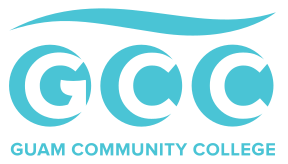

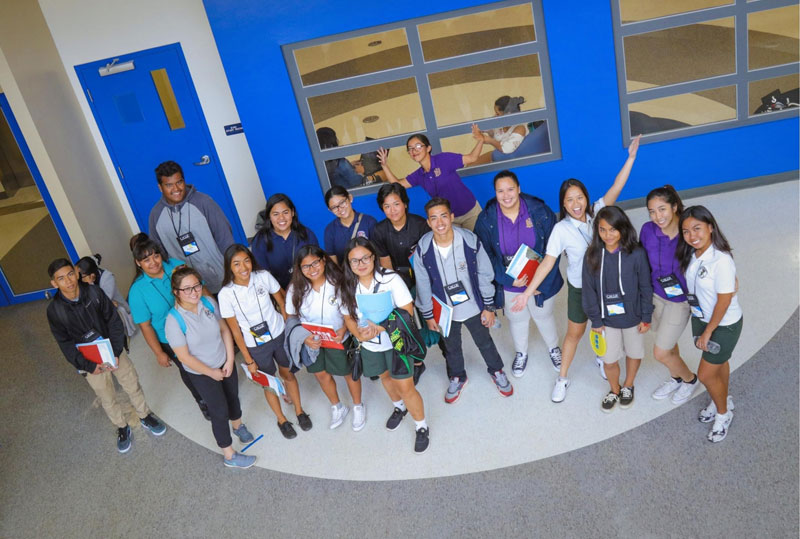
![[title]](https://guamcc.edu/sites/default/files/styles/program_slider/public/education_1.jpg?itok=NROumgHX)
